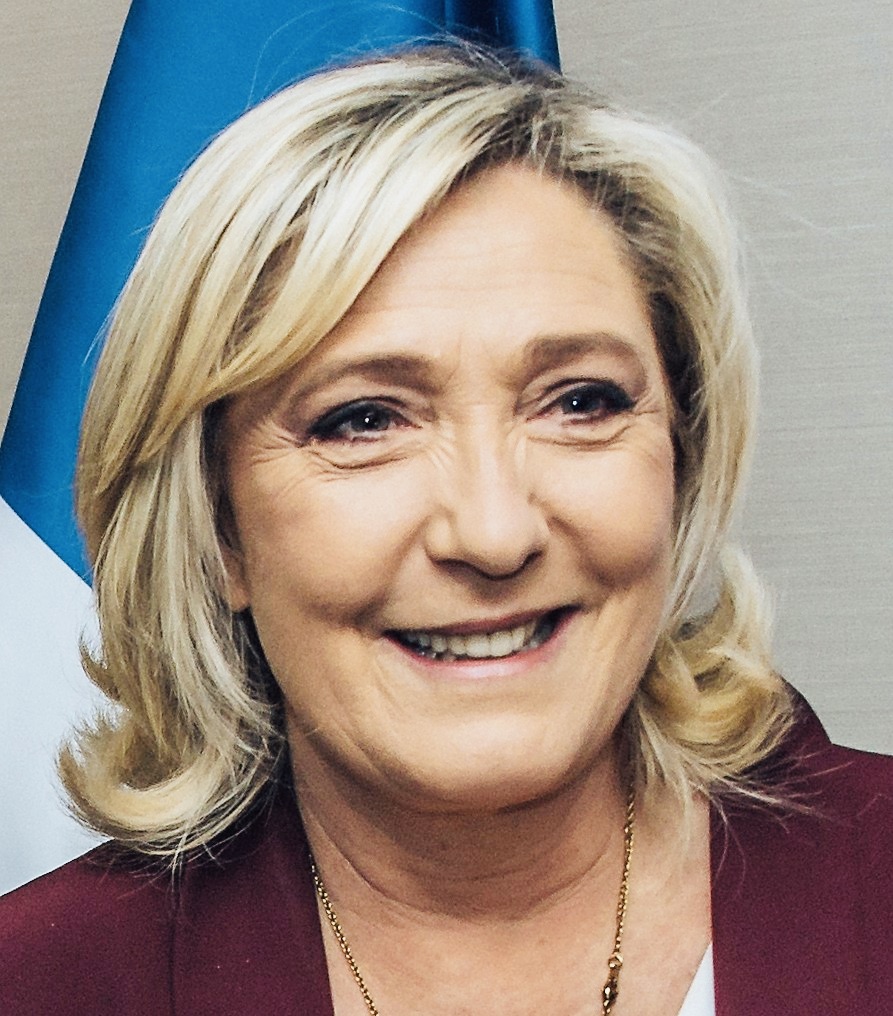A multitude of voters, particularly Jews, reacted nervously to the inconclusive outcome of the second round of the parliamentary election in France on July 7.
Marine Le Pen’s National Rally, which finished first in last week’s opening round and was forecast to form a majority government before yesterday’s runoff, wound up in third place with 142 seats in the 577-seat National Assembly, the lower house of Parliament.
The party’s 28-year-old president, Jordan Bardella, who had hoped to be the next prime minister, was disappointed. Denouncing the political strategy by its centrist and left-wing rivals to withdraw candidates from hundreds of races to avoid splitting the vote, he complained they had “deprived” France of a far-right government.
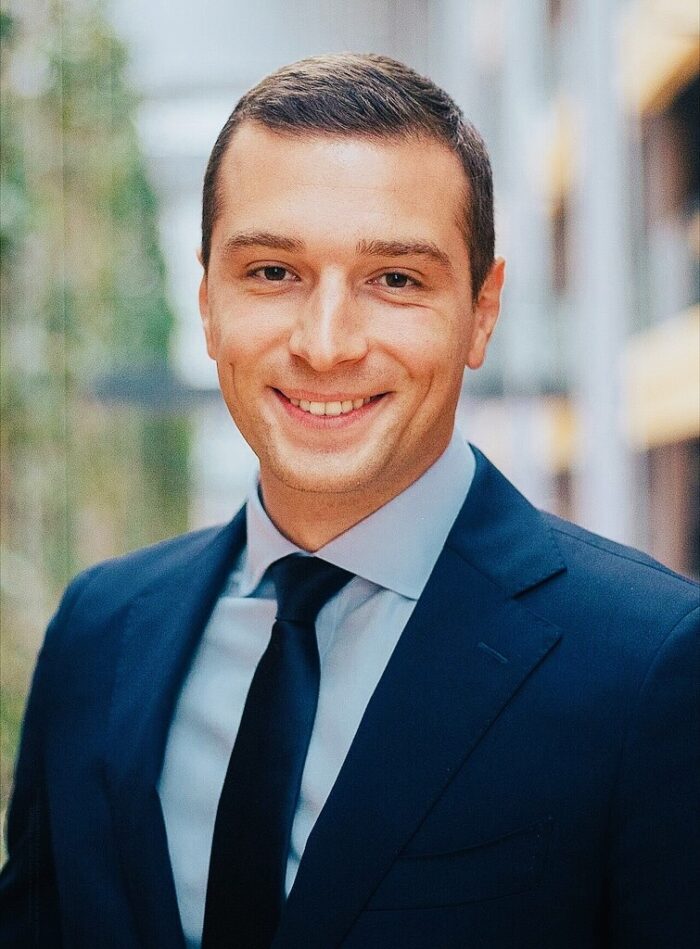
Formerly known as the National Front, the National Rally had been poised to become the first far-right party to govern the country since the wartime Vichy regime, which collaborated with Germany in the persecution of Jews and in the deportation of some 72,000 Jewish men, women and children to Nazi concentration camps.
The New Popular Front, an alliance of left-wing parties comprising the Communists, the Socialists, the Greens and the Unbowed Party, won 188 seats. While the New Popular Front was a spoiler insofar as Le Pen’s presidential ambitions were concerned, Jews are wary of it because of its sharp pro-Palestinian stance and its harsh criticism of Israel’s ongoing military campaign in the Gaza Strip.
President Emmanuel Macron’s centrist Renaissance Party, which came in third in the first round, finished with 161 seats, pulling ahead of the National Rally but lagging behind the New Popular Front.
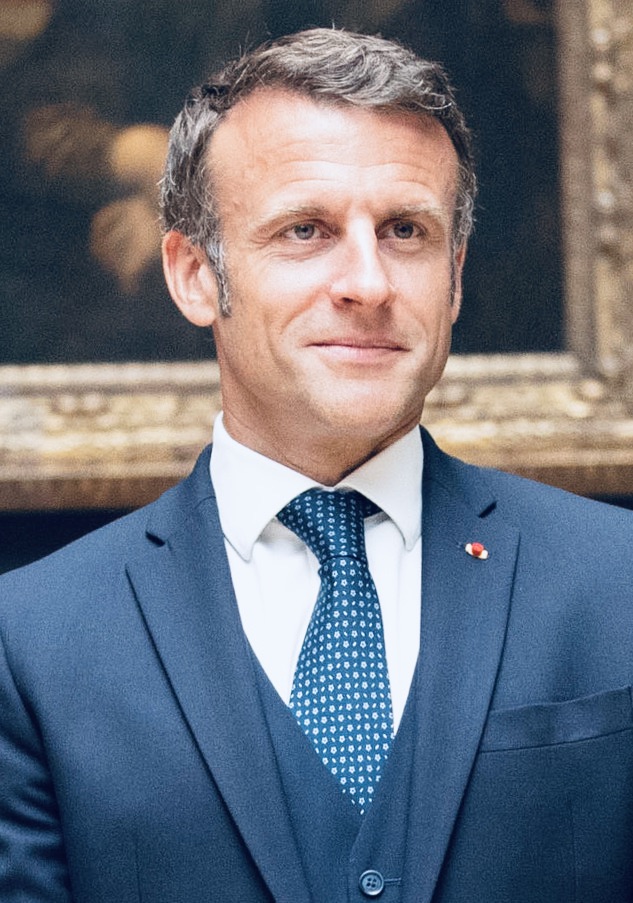
The real meaning of this election is clear. France has woken up to a hung parliament, which portends a period of uncertainty and, possibly instability and chaos, in the weeks and months ahead.
Not one of the top three parties came even close to winning an outright majority of 289 seats in the National Assembly. Macron had calculated that a snap election would be to his advantage, but his gamble was a miserable failure.
Although the National Rally fell short of its overarching goal of attaining power, it picked up many more seats than in previous elections in 2012, 2017 and 2022. As for the New Popular Front, it exceeded expectations, leaving Macron in a politically precarious position.
He may attempt to form a national unity government with the right-wing Republicans, which won 39 seats, and with relatively moderate elements within the New Popular Front. But with the level of mutual hostility among party leaders so palpable, Macron’s chances of cobbling together a government appear quite slim.
Observers believe he will ultimately have to dissolve the National Assembly and call yet another election, which might turn out to be a case of deja vu all over again.
This election turned consequential after the National Rally’s strong showing in the first round. Fears abounded that it might coast to victory in round two, transforming the landscape of French politics.
Founded by Le Pen’s father, Jean-Marie, and Pierre Bousquet, who served in a French division of the Waffen-SS, the National Front was widely regarded as xenophobic and racist. Le Pen, an antisemite, shamelessly claimed that the Nazi gas chambers were a mere “detail” in the history of World War II.
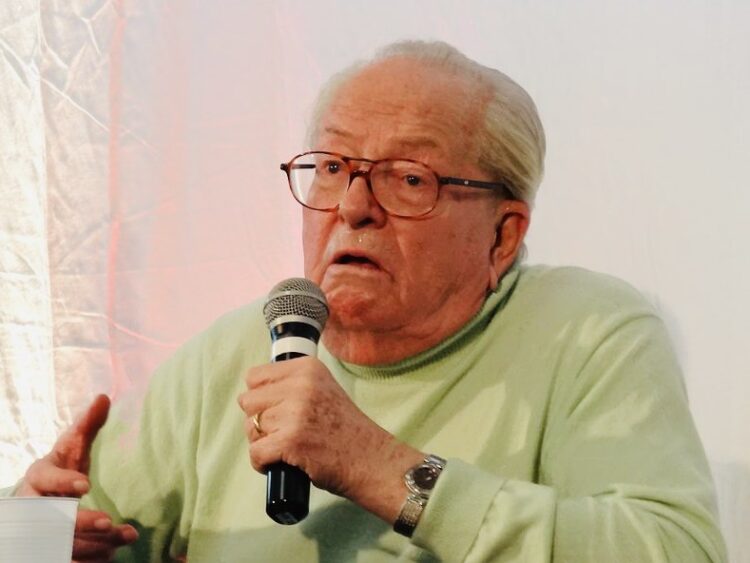
Marine Le Pen seized control of the party 12 years ago and proceeded to decouple it from Jean-Marie’s overt racism. She distanced herself from his antisemitism, ousted him from the party, and renamed it.
The party, nevertheless, hewed to an anti-immigrant agenda, and some of its members proved problematic after making racist, antisemitic and homophobic comments.
It is unclear at the moment how the National Rally fared among Jews, but it may have made inroads in the Jewish community.
On the eve of the July 7 election, Serge Klarsfeld — the renowned Nazi hunter who tracked down German war criminal Klaus Barbie and a Holocaust survivor whose father was murdered in the Auschwitz-Birkenau extermination camp — said he would vote for Macron, who has been critical of Israel’s ground offensive in Gaza and has called for an immediate ceasefire.
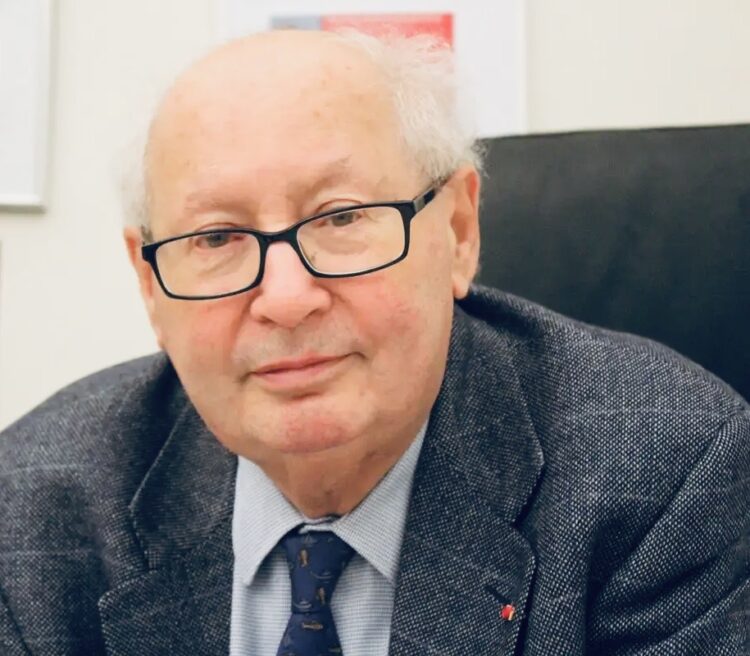
Klarsfeld went on to cause shockwaves when he urged Jews to vote for the National Rally if the only alternatives were Le Pen and the far-left Unbowed Party in the New Popular Front.
Le Pen has supported Israel in the Gaza war, and last November she attended a rally in Paris condemning antisemitism. “We are here to stand up against antisemitism, to support our Jewish citizens, and to fight (Muslim) fundamentalism,” she said.
On the other hand, Jean-Luc Melenchon, the leader of the Unbowed Party, stayed away from the rally, claiming that “the friends of unconditional support of the (Gaza) massacre have their rendezvous.”
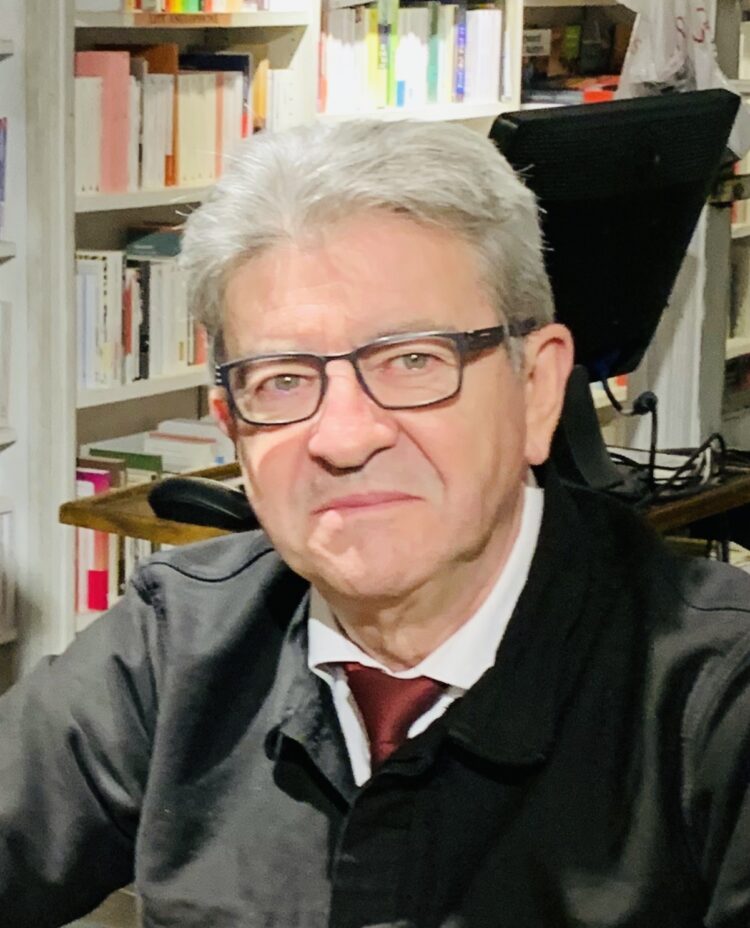
Subsequently, he accused Yael Braun-Pivet, the Jewish president of the National Assembly, of “camping out in Tel Aviv to encourage the massacre.”
In an interview with the Associated Press, Klarsfeld said that Melenchon’s far-left Unbowed Party was supported by militant Palestinian nationalists and reeked of “antisemitic overtones,” while the National Rally had transformed itself and now supports Jews and Israel.
The Israeli government was in agreement with Klarsfeld. On July 2, Diaspora Affairs Minister Amichai Chikli said that Israel would be pleased if Le Pen succeeded Macron as France’s next president. Chikli, a member of Prime Minister Benjamin Netanyahu’s right-wing Likud Party, noted that Le Pen participated in last year’s march against antisemitism, while Macron failed to appear.
Melenchon, who was a no-show as well, has refused to denounce Hamas as a terrorist organization and has described Israel’s operation in Gaza as “genocide.”
One of the most prominent members of his party, Rima Hassan, is a French-Palestinian lawyer who hailed Hamas’ attack in southern Israel on October 7 as a “legitimate action.”
During Melenchon’s final speech in round one of the election, she stood next to him clad in a keffiyeh. Observers interpreted this as a signal to Muslim voters that the Unbowed Party is their political home.
The New Popular Front, which includes the Unbowed Party, fared well in suburbs heavily populated by North African Muslim immigrants.
While Jews account for roughly 0.6 percent of France’s population, Muslims comprise around 10 percent. In recent years, following periodic eruptions of violent antisemitic acts often committed by radicalized Muslims, tens of thousands of French Jews have immigrated to Israel.
Since October 7, there has been a spike in antisemitism. Recently, in an incident that unsettled France, two teenage boys were charged with raping a 12-year-old Jewish girl and hurling antisemitic epithets at her.
France was the first country in Europe to emancipate Jews, but many French Jews have expressed ambivalent feelings about their future in France.
The upsurge in antisemitism and the results of the July 7 election have only exacerbated these fears.
